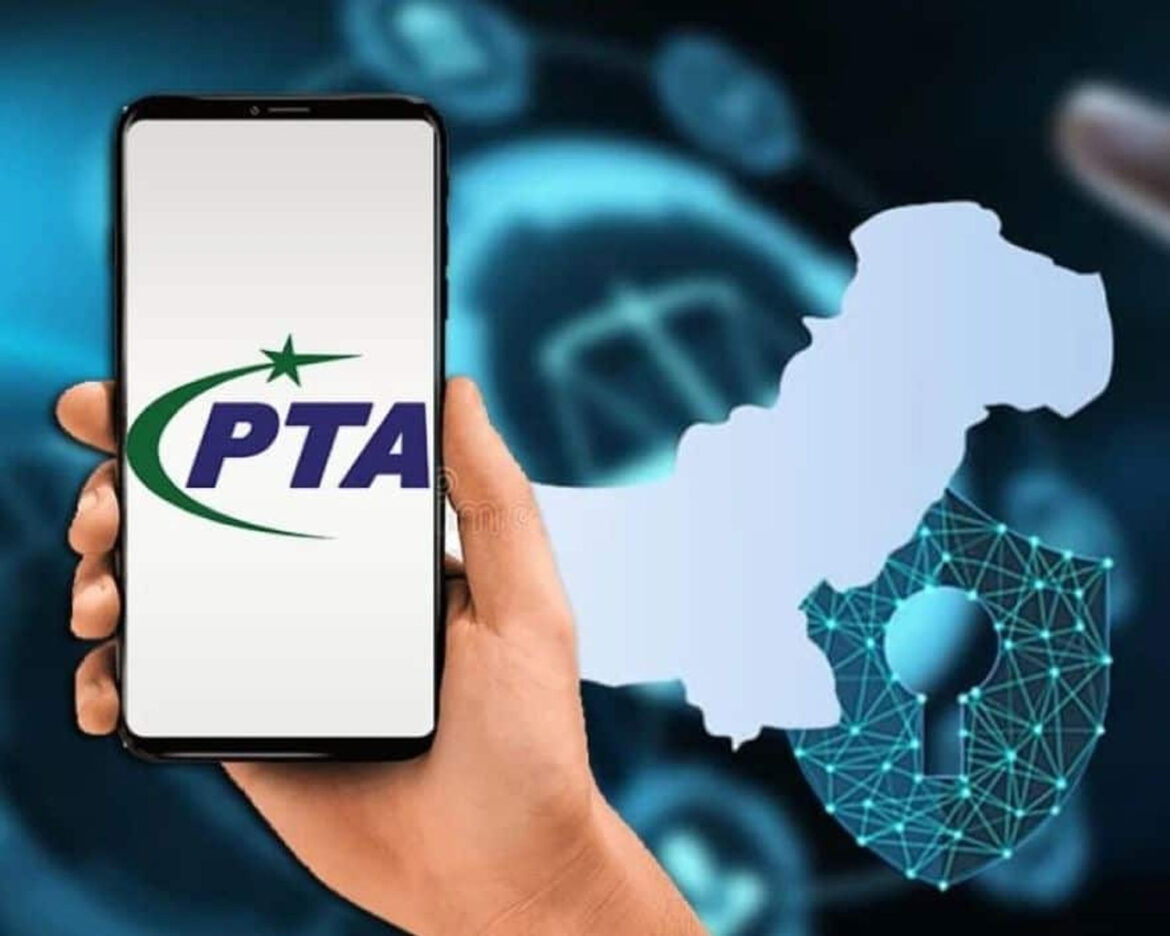This week, the Pakistan Telecommunication Authority (PTA) reaffirmed its commitment to regulating Virtual Private Networks (VPNs) in the country. The PTA clarified that VPNs would be whitelisted through an “automated process” to ensure the “smooth and secure functioning of IT services and online businesses.”
On Thursday, during a meeting of the Standing Committee on Cabinet Secretariat, PTA Chairman retired Major General Hafeezur Rehman announced that only whitelisted VPNs would function in Pakistan once the policy was implemented, with others being blocked. He acknowledged that blocking VPNs entirely could cause significant disruptions to IT businesses reliant on these networks.
In response to concerns raised by the committee’s chairman, Senator Rana Mahmoodul Hasan, regarding the potential impact on IT businesses, the PTA chief emphasized that while VPNs could be blocked, it would “lead to the collapse of several IT businesses that operate on VPNs.”
On Saturday, PTA released a statement on Instagram addressing media reports about VPN blocking. The statement clarified: “No such action has been taken, and all kinds of blocking are undertaken only under the directions of the Government of Pakistan in accordance with the legal framework and guidelines. For the smooth and secure functioning of IT services and online businesses, VPNs are being whitelisted through an automated process available on PTA and PSEB websites.”
A VPN is a service that creates a secure, encrypted connection over a less secure network, such as the Internet, allowing users to protect their online privacy, secure their data, and access restricted content.
In 2024, the use of VPNs by Pakistani internet users surged, primarily to access X, formerly known as Twitter, which has been blocked in the country since February 19.



